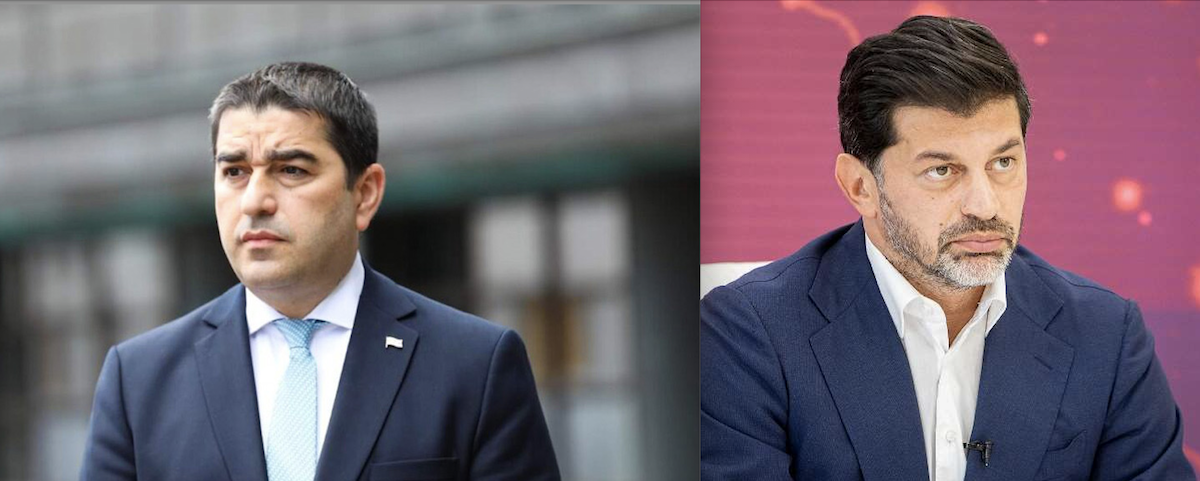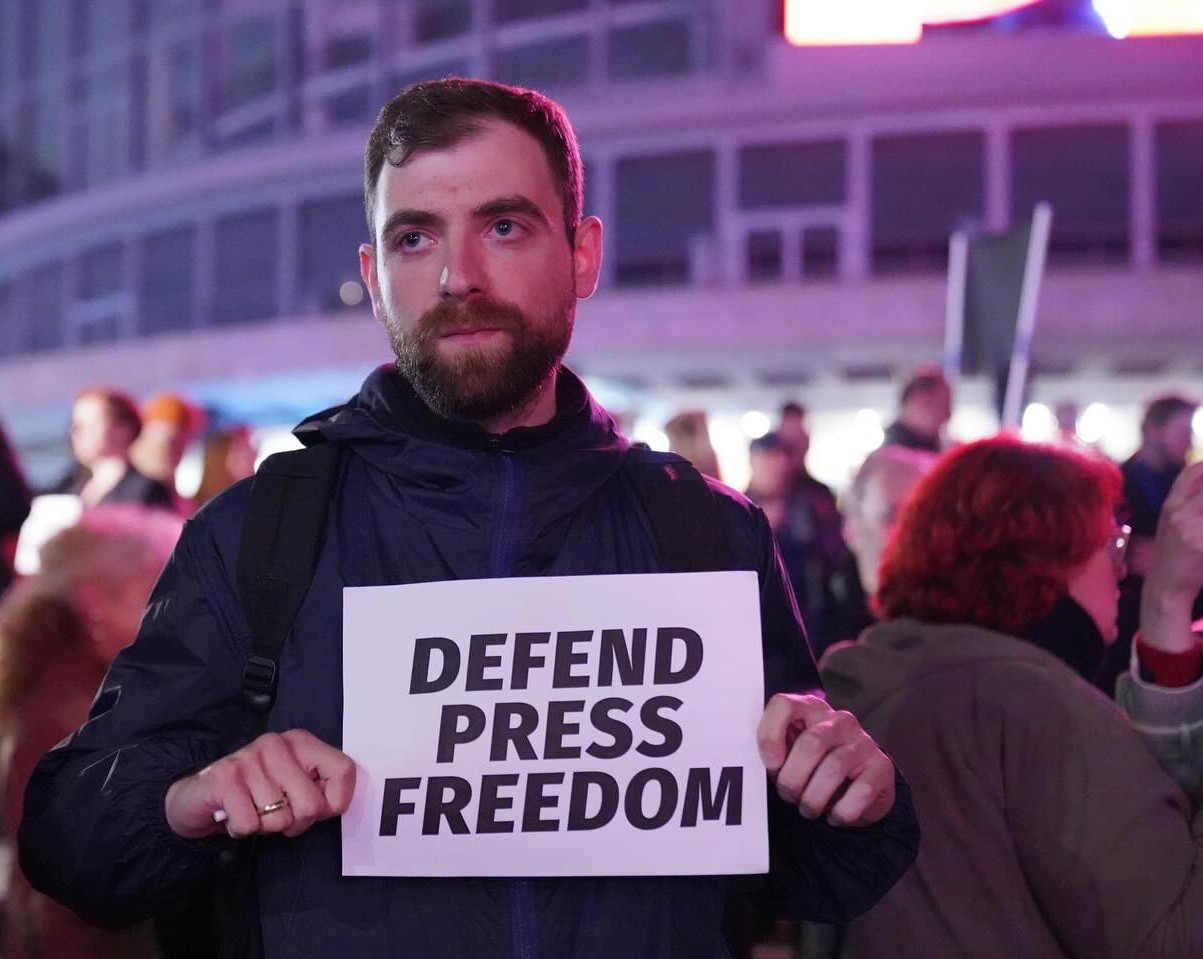Venice Commission seeks role in Strasbourg review of “anti-democratic” Georgian laws
Venice Commission criticises Georgia
The Georgian Young Lawyers’ Association (GYLA) reported that the Venice Commission has asked the Strasbourg court to allow it to participate as a third party in the case challenging new laws passed by the ruling Georgian Dream party, which are being criticised as anti-democratic.
The Venice Commission submitted its position to the court in writing, noting that it has already issued a critical assessment of the laws on “transparency of foreign influence” (presented as a Georgian version of the US FARA) and the amendments to the laws on “grants” and “broadcasting.”
The report was commissioned by the monitoring committee of the Parliamentary Assembly of the Council of Europe. The Venice Commission analysed the laws collectively and systematically, noting that they are all aimed at “preventing improper foreign influence.”
The Venice Commission says the laws impose excessive obligations and harsh penalties on media outlets and NGOs, and it recommended that the authorities repeal them — a recommendation that was refused.
GYLA’s statement
On 15 October 2025, the Venice Commission of the Council of Europe submitted a written statement (amicus curiae) to the European Court of Human Rights in the case concerning Georgia’s new legislation, modelled on Russian law (case: Georgian Young Lawyers’ Association and others v Georgia, application no. 31069/24).
In its submission, the Venice Commission noted that it had already assessed Georgia’s “Transparency of Foreign Influence” law (commonly referred to in public as “Russian-style legislation”) and concluded that the current rules are incompatible with a democratic society.
The Commission emphasised that any restrictions on civil society activity must be clearly and narrowly defined. They should also include effective safeguards against abuse to prevent their use for stigmatizing or marginalising organisations based on their funding sources or perceived political stance.
The law under challenge fails to meet this standard, containing broad and vague provisions, including terms such as “foreign state” and “organisation representing the interests of a foreign state.” The Ministry of Justice is granted excessive powers to demand disclosure of personal data without justification.
The Venice Commission stressed that transparency alone cannot justify restrictions on fundamental rights guaranteed by the European Convention on Human Rights. Legal restrictions must be tied to specific public interests, such as national security, public order, or crime prevention. While transparency may serve these purposes in some cases, the contested law does not establish a concrete link to any of them.
Accordingly, transparency alone cannot justify indiscriminate restrictions on fundamental rights. Limiting the activities of civil society organisations undermines democratic discourse and pluralism.
The Venice Commission also noted that the law violates the principle of proportionality, as it threatens the financial sustainability of organisations, particularly smaller ones.
If existing rules fail to achieve their intended purpose, they should be improved, rather than introducing additional restrictive measures alongside them.
Individually, and even more so collectively, the laws impose broad and interconnected obligations which, combined with strict accountability mechanisms, place a disproportionate burden on individuals and organisations engaged in democratic oversight and human rights work.
In its final opinion, the Venice Commission concluded that the complex legal framework created by these laws violates the principles of legal clarity and necessity and grants the authorities excessive discretionary powers, incompatible with a democratic society.
Context
On 15 October, the Venice Commission published an opinion on the repressive laws passed by the Georgian Dream party concerning foreign funding, calling on the authorities to repeal the “Foreign Influence” law (FARA) as well as amendments to the “Grants” and “Broadcasting” laws that restrict foreign financing.
The document also notes that the Anti-Corruption Bureau is not an independent body and should not be entrusted with such powers.
It further highlights that neither representatives of the Georgian Dream party nor the heads of the Anti-Corruption Bureau, Razhden Kuprashvili and Tamar Zodelava, met with the Venice Commission during the preparation of the opinion.
Venice Commission criticises Georgia





















